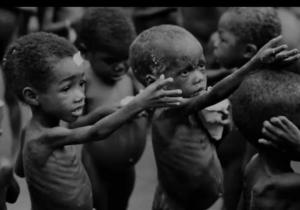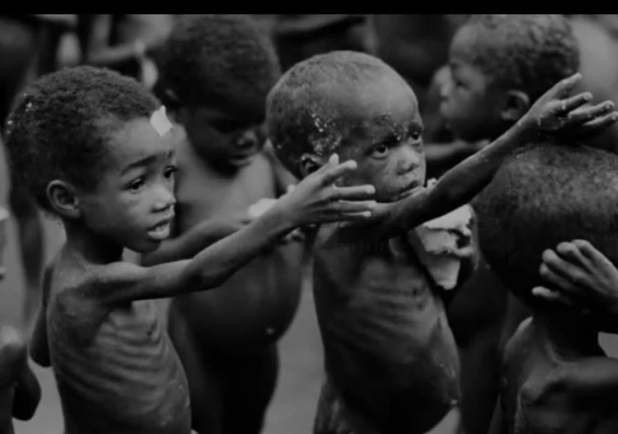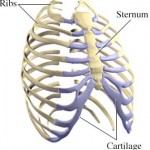Dehydration in children refers to the lack of fluids in the child’s body. Dehydration can occur due to a variety of factors such as diarrhea, vomiting, and insufficient intake of water and other fluids, or a combination of any of these ailments. It is rare for increased and frequent urination or excessive perspiration to cause dehydration in children.
Younger children and infants tend to lose fluids more rapidly than older children and hence are comparatively at greater risk to suffering from dehydration.
Symptoms and signs of dehydration in children
Excessive amounts of fluids may be lost from the body due to frequent and excessive instances of vomiting and/or diarrhea, or if the child is adamant about not drinking or eating. Some of the common signs and symptoms that accompanies dehydration in children are listed below:
- Reduced instances of urination; no passage of urine for more than 4 to 6 hours; and/or dry diapers.
- Sunken eyes
- The fontanel, i.e., the soft spot on top of babies’ heads may be sunken.
- Oral dryness. The mucous membranes, i.e., the tongue or mouth lining/wall may be sticky or dry.
- The child may cry without shedding any tears
- Lethargy, i.e., the child may not be as active as usual
- The stool may be bloody
- Pain in abdomen
- Consistently vomiting matter that is green in color, or vomiting for over 24 hours at a stretch.
- Fever with high temperatures of 103 F or above.
- Excessive passing of urine, leading to loss of excess fluids and subsequent dehydration in children.

Causes
- The most common cause of dehydration in children are conditions such as vomiting, diarrhea, fever, and lowered capacity to eat or drink, all of which may be related to an underlying viral infection. Norwalk virus, rotavirus, and adenovirus are the prevalent viral infections that cause diarrhea and vomiting in children.
- Giardiasis caused due to infection by the Giardia lamblia parasite can also cause loss of fluids and diarrhea.
- Severe bacterial infections in children may also cause aversions to eating, and/or diarrhea and vomiting. E. coli, Salmonella, Clostridium difficile, and Campylobacter are some bacterial infections that commonly affect children.
- On occasions, a viral infection may cause sores in the mouth. This may pose eating and drinking problems, which in turn can further aggravate an underlying case of dehydration.
- In rare cases, excessive sweating due to prolonged hours under the hot sun can also cause dehydration in children.
- Underlying disorders like celiac sprue or cystic fibrosis prevent the absorption of food, thereby causing dehydration.
- Untreated, undiagnosed or poorly treated or mismanaged cases of underlying diabetes insipidus or diabetes mellitus can cause increased urine outflow, thereby causing dehydration.
Treatment of dehydration in children
At home, dehydration may be treated via replacement of lost fluids via drinks like Pedialyte freezer pops, Pedialyte, or similar products that help replenish electrolytes and sugar in the body. Small sips need to be taken by children after every 5 to 10 seconds. After vomiting ceases for about 4 hours, a BRAT diet may be commenced.
Medical treatment for dehydration in children
For mild dehydration marked by loss of 3 to 5 percent of the total body weight, doctors may offer rehydration fluids like Pedialyte, etc. that need to be taken orally. Once the affected child has taken in sufficient amounts of fluids, and if there are no severe underlying infections or conditions, then the child can be taken home, where oral rehydration can be continued as per the doctor’s instructions. The physician will also provide information about adverse symptoms that need to be looked out for as well as instances when medical attention may become necessary.
- For moderate dehydration marked by loss of 5 to 10 percent of the total body weight, doctors may rehydrate the body via intravenous administration of fluids. If there is improvement in the child’s condition, and if the affected child is able to take fluids orally, and if no underlying infections are present, then parents can take the child back home. Instructions as mentioned above along with a follow-up visit will be given by the doctor prior to sending the child home.
- For severe dehydration marked by loss of 10 to 15 percent of the total body weight, the physician will often recommend hospitalization of the affected child and begin continued intravenous fluid replacement therapy along with observation and additional tests to verify the cause of dehydration. Bacterial infections are usually treated with antibiotics, while specific antibiotics may be need to treat viral infections. Severe diarrhea and vomiting that accompany dehydration in children are usually never treated with medications like antidiarrheals or antiemetics, respectively, as such drug therapy will most likely prolong the instances of diarrhea.
Viral infections that cause dehydration in children can be life-threatening. Hence, it is necessary to seek immediate medical attention whenever the signs of dehydration in children are observed. The infection, by itself, often runs its natural course. Treatment is necessary for curing the viral infections. Proper rehydration often results in complete recovery of the affected child.

